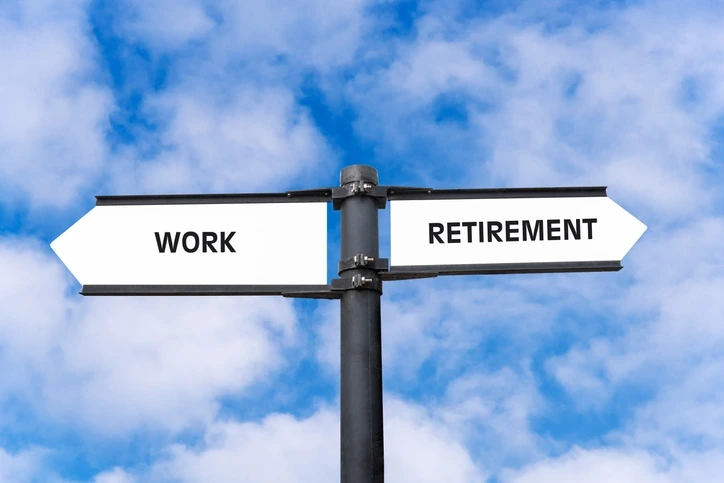Retirement is a major milestone for everyone, whether you’re CEO of a multinational corporation or a self-employed business owner with no other employees. The transformation from being responsible for the success of a business on Friday to waking up on Monday morning with all those hours to fill provokes many emotions from delight and excitement to anxiety and dread.

In a large business, however, there will be a smooth and well-trodden retirement process, while at the SME end, the impending retirement of an employee could be a new experience and possibly an unsettling one.
For a small business owner, the retirement of an employee, especially if they are a longstanding one, can be a difficult prospect. Customers get used to their regular contacts and a wealth of knowledge of the business and its clients is no longer there to call upon. Managing customers’ expectations is crucial to ensuring a smooth handover; the departure of a valued employee has the potential to cause a dent in cash flow if customers decide to go elsewhere.
As an employer, you are obliged by law to set up a workplace pension for every employee. A percentage of their pay is put into this every month and in most cases the employer also adds a contribution. Depending on earnings, they may also get tax relief from the government.
You need to keep the provider and HMRC up to date if someone joins the pension scheme, leaves it or retires. If they are in a position to do so, a good employer can help smooth the path to retirement by offering counselling from a financial expert, or reduced hours as a stepping stone to finishing. You need to make employees aware though that fewer hours can lead to a reduction in the amount of pension they receive. If the employee’s national insurance contributions have been maximised, they will also receive the full state pension when they reach the relevant age, or a smaller amount if not. The current age for claiming state pension is 66, but it’s due to rise to 67 between 2026 and 2028, and to 68 between 2044 and 2046.
However, there’s no longer any requirement to retire by a certain age in the UK, so the good news is that if a valued employee wants to work past retirement age, there’s nothing to stop them.
At AMR Bookkeeping Solutions, we have a wealth of experience in helping small business owners navigate their way through the maze of workplace pensions and retirement issues. If you need help with these, or with any aspect of bookkeeping or payroll, why not call our friendly and professional team? Complete our contact form or call 01892 559480.









